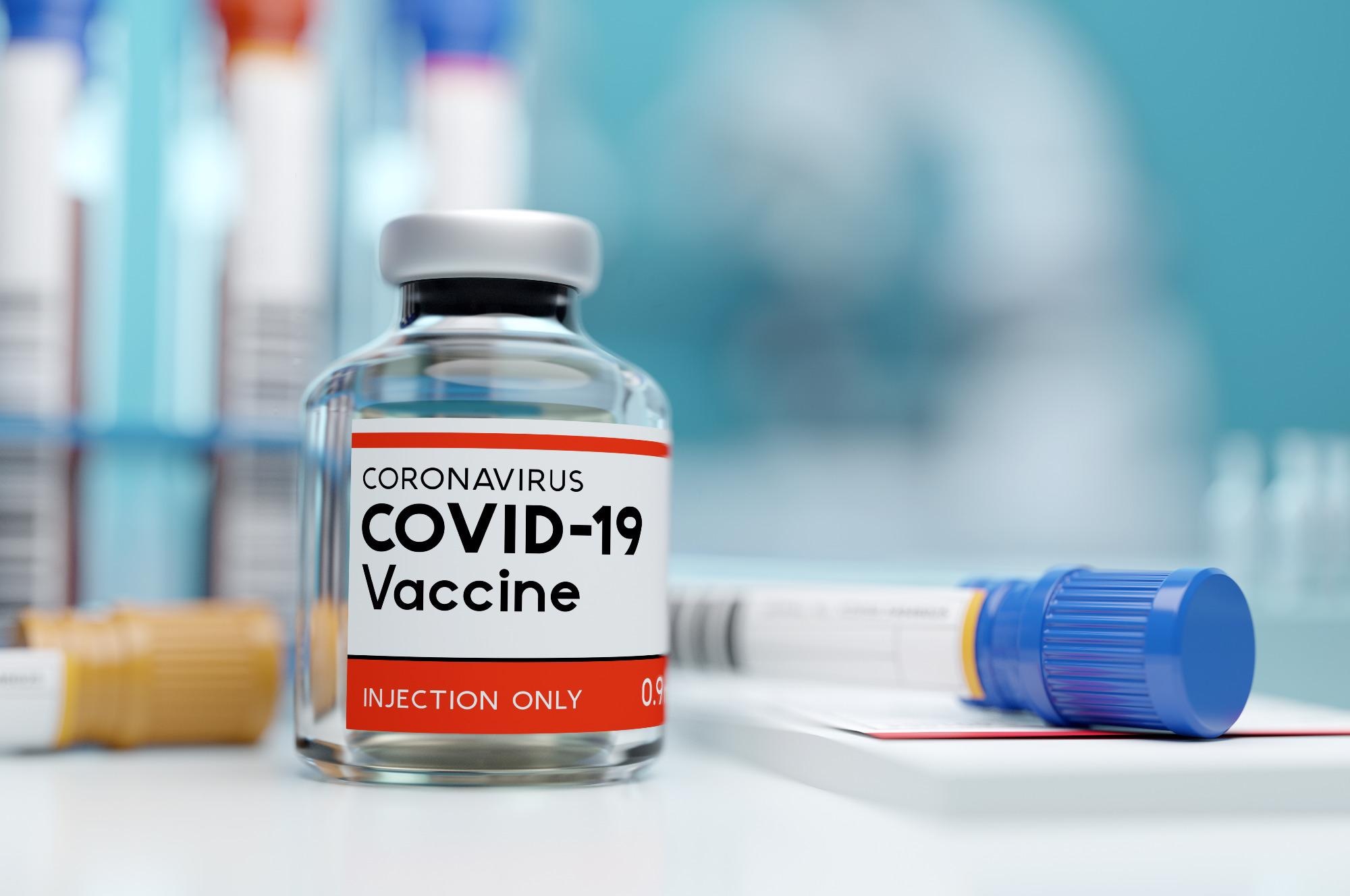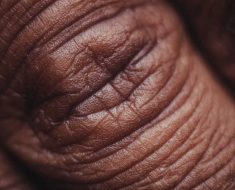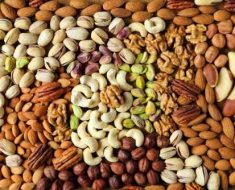In a recent letter to the editor published in the Journal of Infection, researchers from the Chinese PLA Center for Disease Control and Prevention observed that the genetic diversity of severe acute respiratory syndrome coronavirus-2 (SARS-CoV-2) could be suppressed by high coverage of vaccination.
A third vaccine, ‘booster dose’ against SARS-CoV-2, has been approved in many countries due to the significant waning of immune responses six months after completing the primary vaccination series. Nevertheless, studies have observed weaker immune responses against novel SARS-CoV-2 variants like Delta and Omicron. Moreover, the waning efficacy of booster doses raises significant concerns about whether to administer additional doses in the future. Previously, a study on the influenza virus reported that genetic diversity of the H5N1 virus could be promoted by inadequate vaccination, but the same on SARS-CoV-2 is unclear.
 Study: High vaccination coverage slows down genetic diversity of SARS-CoV-2. Image Credit: solarseven / Shutterstock
Study: High vaccination coverage slows down genetic diversity of SARS-CoV-2. Image Credit: solarseven / Shutterstock
The study and findings
In the present study, researchers evaluated the effect of coronavirus disease 2019 (COVID-19) vaccination on the genetic diversity of SARS-CoV-2.
The team retrieved the sequences of SARS-CoV-2’s spike (S) gene from Global Initiative on Sharing Avian Influenza Data (GISAID) repository, classifying the data by month from March 2020 to February 2022. In addition, data on daily vaccination rates were obtained from ‘Our World in Data.’ The genetic diversity of SARS-CoV-2 on each site or the entire sequence was determined by computing Shannon entropy.
Effective vaccination coverage (EVC) was calculated as the sum of the daily rate of second and booster vaccination on the last day of each month subtracted by the daily rate of second vaccination from six months before. The researchers evaluated the correlation between EVC and Shannon entropy to investigate the relationship between SARS-CoV-2 genetic diversity and vaccination coverage. The United States (US), Poland, and Israel were selected for correlation analysis, given the decline in EVC.
Both EVC and Shannon entropy were significantly negatively correlated from December 2020 to October 2021 in the US. Further, EVC declined sharply during November – December 2021, coincident with the emergence of the SARS-CoV-2 Omicron variant, fluctuating the Shannon entropy. Similarly, in Israel, a decline in EVC was evident from June 2021, causing fluctuations in the Shannon entropy. However, in Poland, the Shannon entropy rose sharply when EVC growth was sluggish; nonetheless, it decreased later.
With the commencement of booster vaccination in Israel, the EVC exceeded 50% again (post-December 2021), and the Shannon entropy was significantly repressed. In the US and Poland, entropy declined during this period, but EVC was stable at 40%. Lastly, the authors studied Switzerland, which exhibited a stable EVC of around 50%. EVC and second dose coverage diverged in July 2021, but the fluctuations in the Shannon entropy were in a limited range and declined when the EVC exceeded 55%.
Conclusions
Based on the study findings, the researchers suggested that an EVC > 50% consistently might repress the genetic diversity of SARS-CoV-2 effectively. A decrease in efficacy of post-second dose without administering boosters in time might lead to severe fluctuation in the viral genetic diversity.
As it is implicated that SARS-CoV-2 might soon become endemic with its continuing evolution, annual COVID-19 vaccination has been suggested, similar to seasonal influenza shots. Further, the authors suggested administering additional boosters to maintain an EVC above 50%.
- High vaccination coverage slows down genetic diversity of SARS-CoV-2, Yuqi Liu, Peihan Li, Lang Yang, Peng Li, Hongbin Song, Journal of Infection, 2022, DOI: https://doi.org/10.1016/j.jinf.2022.04.009, https://www.journalofinfection.com/article/S0163-4453(22)00191-8/fulltext
Posted in: Medical Research News | Disease/Infection News
Tags: Avian Influenza, Coronavirus, Coronavirus Disease COVID-19, covid-19, Efficacy, Evolution, Gene, Genetic, H5N1, Influenza, Omicron, Respiratory, SARS-CoV-2, Severe Acute Respiratory, Severe Acute Respiratory Syndrome, Syndrome, Vaccine, Virus

Written by
Tarun Sai Lomte
Tarun is a writer based in Hyderabad, India. He has a Master’s degree in Biotechnology from the University of Hyderabad and is enthusiastic about scientific research. He enjoys reading research papers and literature reviews and is passionate about writing.
Source: Read Full Article





